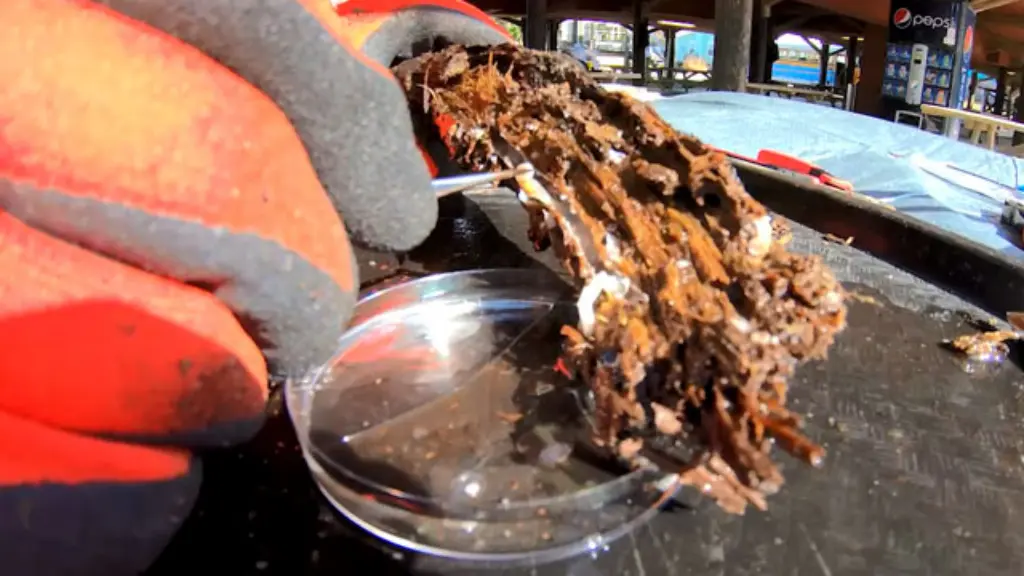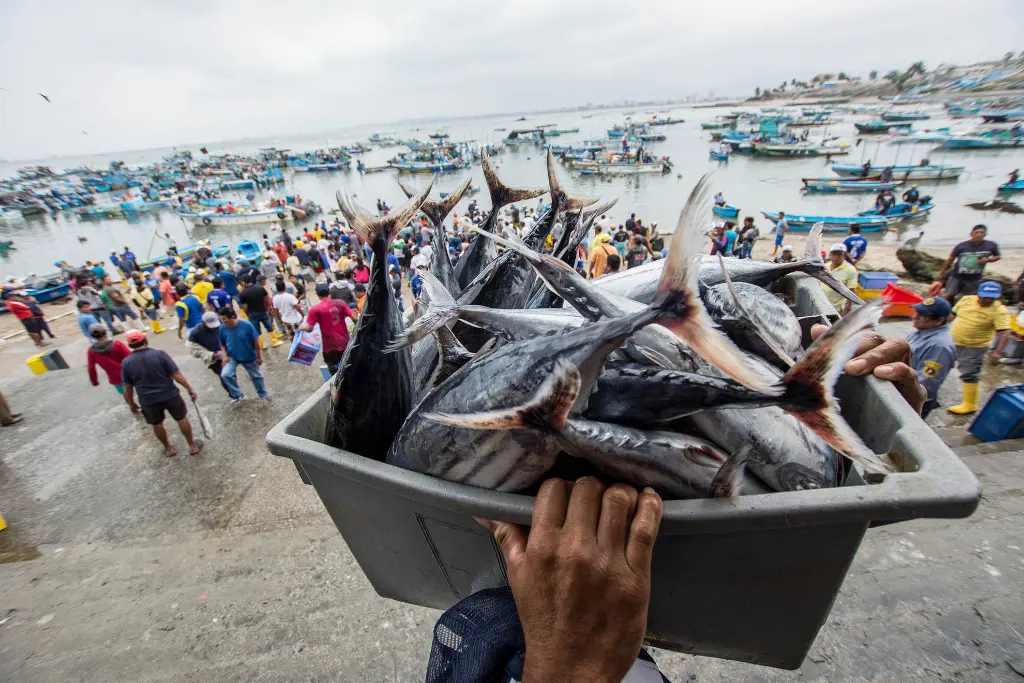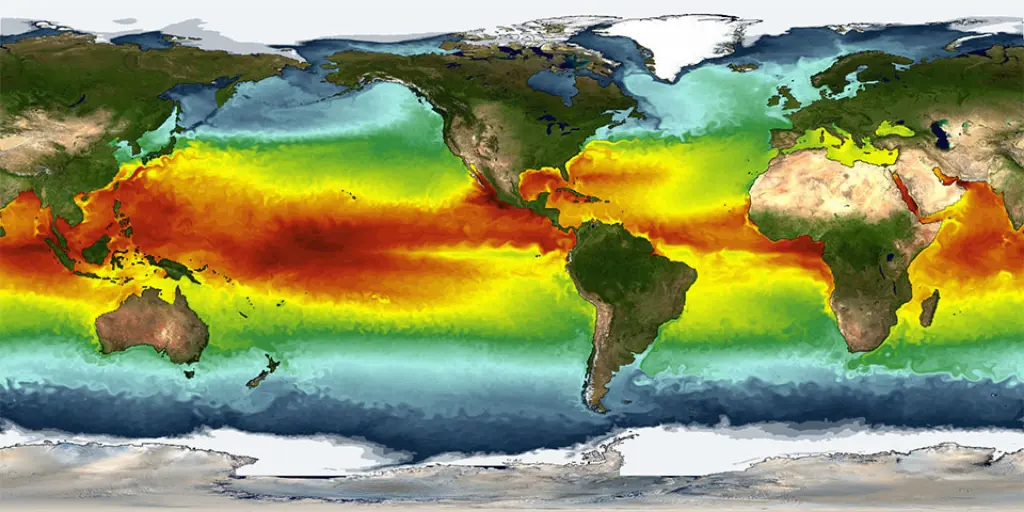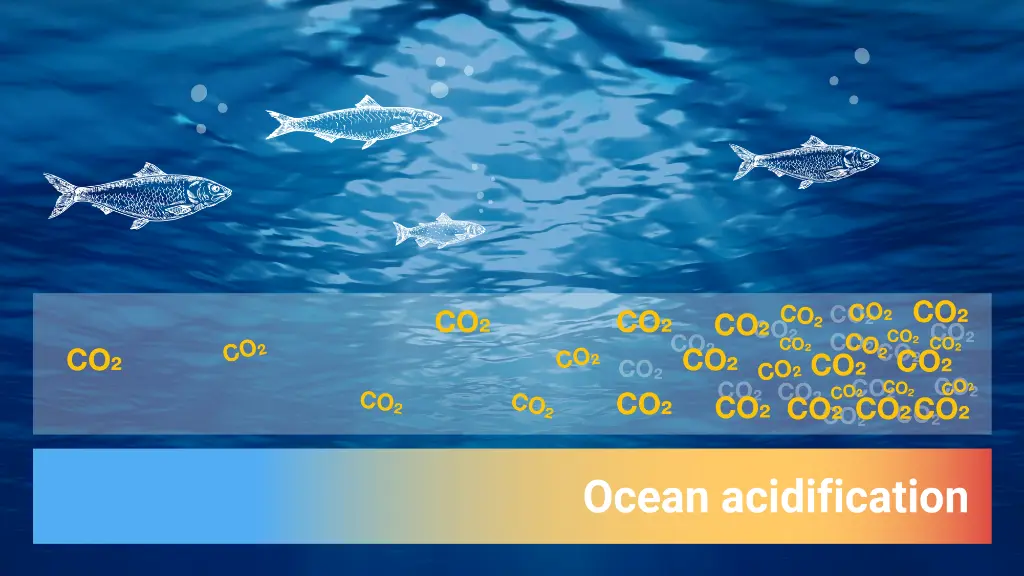Our oceans, vibrant and teeming with life, are facing a growing crisis: pollution. From the surface to the deepest trenches, marine ecosystems are increasingly threatened by various pollutants, impacting not only marine life but also human health and the global economy. This page will help you understand the key types of pollution affecting our oceans, their consequences, and what can be done to mitigate the damage.
Understanding the Culprits of Marine Pollution
Marine pollution encompasses a wide range of contaminants that find their way into the ocean, disrupting the delicate balance of marine ecosystems. Here are some of the major contributors:
Plastics
Perhaps the most visible form of marine pollution, plastics are ubiquitous in our oceans. From microplastics to large debris, plastic pollution poses a significant threat to marine life through entanglement, ingestion, and habitat destruction. It takes hundreds of years for most plastics to degrade, and as they break down, they release harmful chemicals into the water.
Oil Spills
Catastrophic oil spills, while not a constant occurrence, have devastating and long-lasting impacts on marine environments. Crude oil and refined petroleum products can smother marine life, contaminate habitats, and disrupt food chains. Cleanup efforts are often complex and costly, and the full extent of the damage may not be apparent for years.
Chemical Runoff
Agricultural runoff, industrial discharge, and sewage contribute significantly to chemical pollution in marine ecosystems. These pollutants can include fertilizers, pesticides, heavy metals, and pharmaceuticals, all of which can harm marine organisms, cause algal blooms, and contaminate seafood. Excess nutrients from fertilizers, for instance, can lead to eutrophication, creating “dead zones” where oxygen levels are too low to support life.
The Devastating Impacts on Marine Ecosystems
The consequences of marine pollution are far-reaching and affect every level of the food web:
- Habitat Destruction: Plastics and oil spills can physically damage or destroy habitats like coral reefs, mangroves, and seagrass beds.
- Entanglement and Ingestion: Marine animals can become entangled in plastic debris or mistake it for food, leading to injury, starvation, and death.
- Bioaccumulation and Biomagnification: Pollutants like heavy metals and persistent organic pollutants (POPs) can accumulate in the tissues of marine organisms and become more concentrated as they move up the food chain, posing a risk to top predators, including humans.
- Disrupted Reproduction: Exposure to certain chemicals can interfere with the reproductive processes of marine animals, reducing their ability to reproduce successfully.
- Economic Losses: Pollution can negatively impact fisheries, tourism, and other industries that rely on healthy marine ecosystems.
Key Features of Marine Pollutants
| Pollutant Type | Source | Environmental Impact | Long-Term Effects |
|---|---|---|---|
| Plastics | Land-based waste, fishing gear, industrial discharge | Entanglement, ingestion, habitat destruction, microplastic contamination | Long-lasting persistence, chemical leaching, disruption of food webs |
| Oil Spills | Tanker accidents, drilling operations, pipeline leaks | Smothering of marine life, habitat contamination, toxicity | Delayed mortality, reproductive impairment, ecosystem-wide disruption |
| Chemical Runoff | Agriculture, industry, sewage treatment plants | Eutrophication, toxicity, endocrine disruption, heavy metal contamination | Dead zones, bioaccumulation, biomagnification, human health risks |
What Can Be Done?
Addressing marine pollution requires a multi-faceted approach, including:
- Reducing Plastic Consumption: Reduce, reuse, and recycle to minimize plastic waste.
- Improving Waste Management: Implement better waste management systems to prevent plastics and other pollutants from entering the ocean.
- Strengthening Regulations: Enforce stricter regulations on industrial discharge and agricultural runoff.
- Developing Alternative Energy Sources: Transition to renewable energy sources to reduce reliance on fossil fuels and the risk of oil spills.
- Supporting Research and Innovation: Invest in research to better understand the impacts of marine pollution and develop innovative solutions for cleanup and prevention.
- Education and Awareness: Raise public awareness about the issue of marine pollution and encourage responsible behavior.
Protecting our marine ecosystems is crucial for the health of our planet and future generations. By understanding the sources and impacts of marine pollution, we can work together to create a cleaner, healthier ocean.




